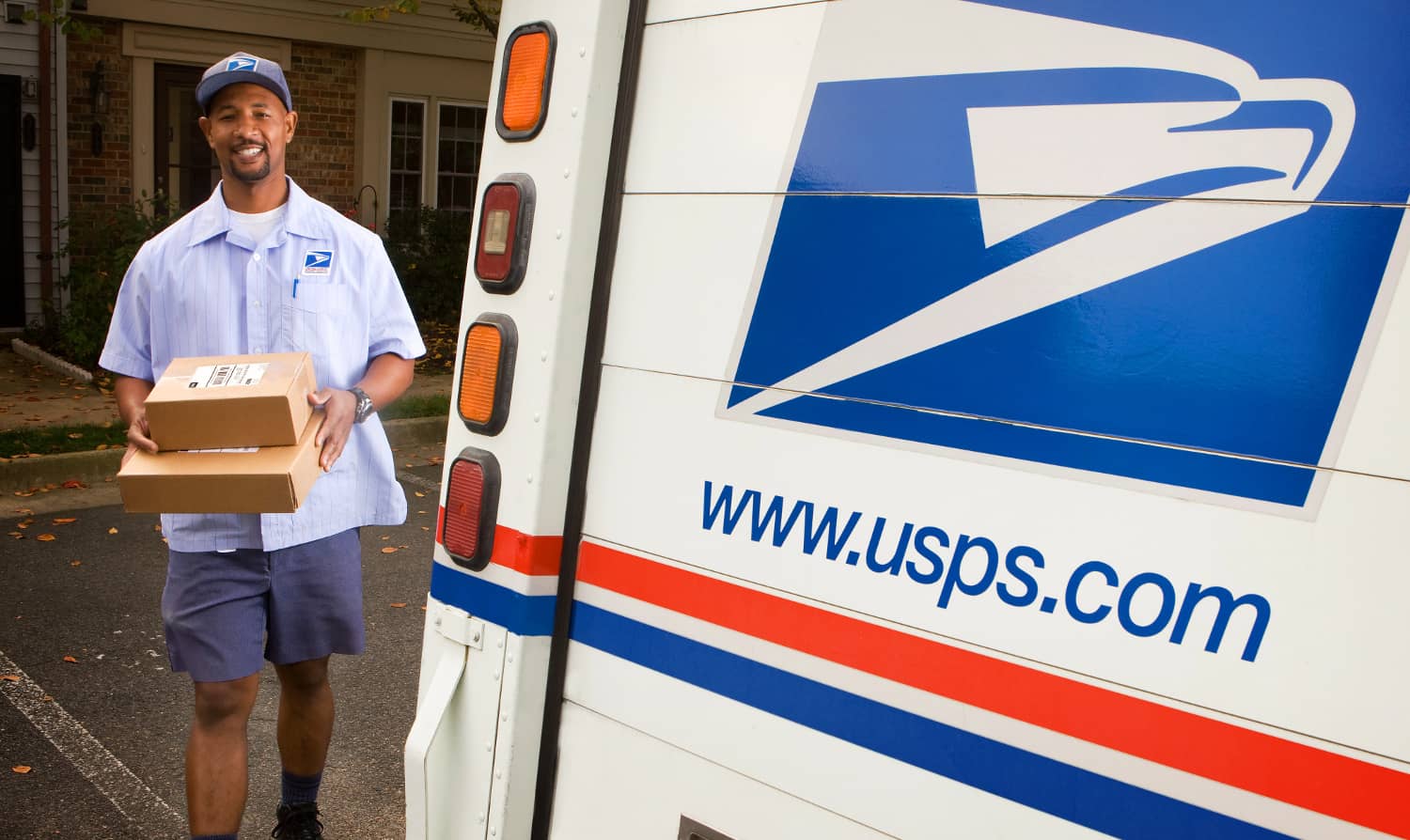On March 23, 2025, a rally organized by the National Association of Letter Carriers (NALC) in Las Vegas brought together approximately 100 postal workers and community supporters to voice their concerns over the potential privatization of the United States Postal Service (USPS). The event, held near Sunset Road, was more than just a gathering; it was a powerful display of unity and an urgent call to protect an institution that has played a pivotal role in American society for over a century. The goal of the rally was clear: to spread awareness about the significant consequences privatization could have on workers, businesses, and communities nationwide—and to urge the public to stand in defense of the USPS.
The notion of privatizing the USPS has been a controversial topic in recent years, sparking debates over its potential impacts. Critics, including many rally participants, warn that a privatized USPS model would inevitably lead to higher service costs, massive job losses, and reduced mail delivery services, particularly to rural and underserved areas. The concern is that privatization would prioritize profit margins over the public need, jeopardizing the affordability and accessibility that have made USPS indispensable.
One of the fears expressed at the rally was the potential for dramatic price increases in postal services post-privatization, with estimates predicting hikes of 50-100%. For customers, especially those in remote or economically vulnerable areas, this would make basic mail delivery services prohibitively expensive. Moreover, essential USPS functions such as delivering prescription medications and Social Security checks, which millions of Americans rely on daily, could be compromised. For these individuals, reliable and affordable mail delivery is not just convenient—it’s a lifeline.
Another critical issue raised during the rally was the financial struggles faced by the USPS. In 2024, the organization reported a staggering $9.5 billion in net losses, fueling arguments from privatization advocates who claim that a structural overhaul is long overdue. However, opponents at the rally pointed out that privatization isn’t the answer to the USPS’s financial challenges; instead, they argued that the focus should be on reforming and strengthening the service in ways that remain consistent with its core mission of serving the public. Introducing private, profit-driven motives, they insisted, would only exacerbate existing issues by undermining the USPS's fundamental commitment to universal service.
One of the most pressing concerns voiced at the rally was the detrimental effect privatization could have on rural and low-income communities, which already face limited access to critical services. The USPS has long been a vital link in connecting these areas to the rest of the country, ensuring equal access to affordable mail delivery regardless of geographic location. Privatization, however, could result in selective delivery practices, leaving rural and underserved communities even more disconnected and deepening social and economic inequalities across the nation. By prioritizing lucrative urban markets over less profitable rural ones, a privatized USPS could strip these communities of access to essential services, from personal communication to business logistics.
Barry Ross, a five-year veteran postal worker participating in the rally, put a human face on the anxieties faced by many USPS employees. He spoke candidly about the uncertainty and fears his colleagues share as discussions over privatization intensify. Ross urged the public to rally behind postal workers and advocate for the USPS to remain a public service rather than a profit-driven enterprise. His sentiment was echoed by demonstrators, whose chants demanded that policymakers prioritize preserving the USPS’s legacy of reliable public service rather than turning it into a corporate-run business.
The rally’s central message underscored this urgency: that privatization would erode the USPS’s ability to serve Americans equitably and affordably. For more than a century, USPS has been a cornerstone of American infrastructure, providing indispensable services to individuals, families, and businesses alike. From ensuring the delivery of critical medicines and Social Security benefits to supporting fledgling small businesses, the USPS has proven itself essential to the daily functioning of the country. Privatization, protesters argued, would jeopardize all of this—putting profit before people and leaving countless Americans at a disadvantage.
The Las Vegas rally was not just a local protest but a nationwide call to action. Participants urged the public to remain vigilant, raise awareness, and push for legislative action to safeguard this venerable institution. Whether through policy change, public campaigns, or grassroots advocacy, they stressed that the USPS’s mission to provide equitable service to all Americans must remain intact.
As protesters held their signs high, their resolve was clear: the USPS is more than just a mail carrier—it is a unifying force that connects communities, strengthens local economies, and ensures everyone, regardless of location, has access to reliable mail service. Participants reaffirmed their commitment to protecting this essential lifeline for future generations, rejecting privatization in favor of preserving the USPS as a service dedicated to the public good.
